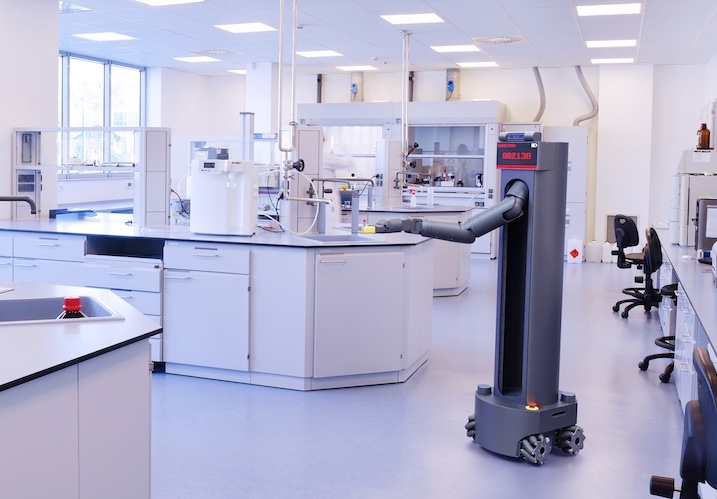Robotic Process Automation (RPA) in life sciences marks a significant evolution in laboratory and research methodologies, addressing critical challenges that have long impeded progress in these fields. Prolonged sample processing, staffing shortages, and integration difficulties have notably escalated since the COVID-19 pandemic. The result has been delays in whole-lab procedures, impacting research timelines and raising concerns over the precision and reproducibility of scientific results.
The recent introduction of mobile collaborative robots, including new entrants like Quasi Robots, represents a significant advancement in lab automation. These robots offer novel solutions to the aforementioned challenges, bringing enhanced efficiency, precision, and adaptability to laboratory operations.
